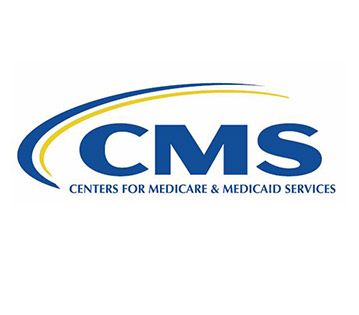- Bone Health
- Immunology
- Hematology
- Respiratory
- Dermatology
- Diabetes
- Gastroenterology
- Neurology
- Oncology
- Ophthalmology
- Rare Disease
- Rheumatology
Biosimilars News Roundup: BLA Tailoring, Medicare 5-Star Ratings
Streamlining of biologics license applications (BLAs) in Britain is now official, and in the United States, legislators propose a ratings system to promote biosimilars.
Following a public comment period for its draft guidance, Britain’s Medicines and Healthcare products Regulatory Agency (MHRA) has made it official that comparative clinical efficacy (CCE) trials for biosimilar applications will not be required.
CCE studies use a study population and an efficacy end point. The main goal of these is not to determine clinical benefit but to confirm equivalence; however, laboratory-based structural and functional analyses are generally much more sensitive than clinical studies for detecting differences. For this reason, many respected authorities have argued that CCE studies not only are superfluous but also lack significant value.
The MHRA, which in the wake of Brexit has assumed drug approval responsibility from the European Medicines Agency Committee for Medicinal Products for Human Use (CHMP), stated in the guidance that a stepwise approach to biosimilar development can sufficiently begin with comprehensive physicochemical and biological comparability studies, functional (in vitro) analysis, and a confirmatory pharmacokinetic study. The now-official guidance states that CCE studies will not be required “in most cases” and in vivo animal studies also will not be requested.
The public comment response to this guidance was varied, the MHRA reported, coming from innovator product companies (3), biosimilar developers (8), trade associations (8), patient organizations (2), regulatory consultants (2), and others. Most of the public response was supportive of the guidance and its streamlined or "tailored" approach to biosimilar approvals. The agency said it actually was encouraged by some to “take a lead in global regulation of biosimilars,” apparently because the tailored approach is considered an overdue improvement in regulatory process.
Some of the commenters were unclear about the scientific rationale for not requiring CCE and in vivo animal studies, and the MHRA directed them to recent papers on streamlined biosimilar approvals, one titled Moving on. The guidance was also augmented to provide clarity on current CHMP guidance and how it differs from MHRA guidelines.
Procaps to Launch Biosimilars
Procaps Group, a Barranquilla, Colombia company, said it aims to launch biosimilars for insulin and rituximab in 2021. The company has 5000 employees and markets pharmaceutical and nutrition products and hospital supplies in over 50 countries, with a sales concentration in Latin America.
Medicare Star Ratings for Biosimilars
Representatives from Ohio and New York have introduced the Star Rating for Biosimilars Act. If enacted, this would expand the 5-star rating system under Medicare Advantage program to spur more use of biosimilars under Part B and Part D.
The ratings system grades Medicare plans on how well their benefit structures do according to certain goals; in this case, enrollees’ utilization of or access to biosimilars would be the objective measure, and the criteria would be coverage on plan formulary, preferential tier placement or cost sharing, utilization or the proportion of beneficiaries prescribed biosimilars in place of reference biologics. The legislation was introduced by House members Paul D. Tonko (D-New York) and Bob Gibbs (R-Ohio).
Huons Steps into Prolia Market
Republic of Korea company Huons Lab is intending to develop a denosumab (Prolia) biosimilar using a cell line and purification technology developed by PanGen Biotech, another Korean company, according to a local press report. Denosumab is a monoclonal antibody used for the treatment of osteoporosis and bone loss in patients with cancer.
Denosumab binds with the protein RANKL and inhibits the growth and function of osteophages, which cause bone deterioration. Amgen reported global Prolia sales of $2.76 billion in 2020, with the United States representing $1.83 billion of those revenues.
Newsletter
Where clinical, regulatory, and economic perspectives converge—sign up for Center for Biosimilars® emails to get expert insights on emerging treatment paradigms, biosimilar policy, and real-world outcomes that shape patient care.


